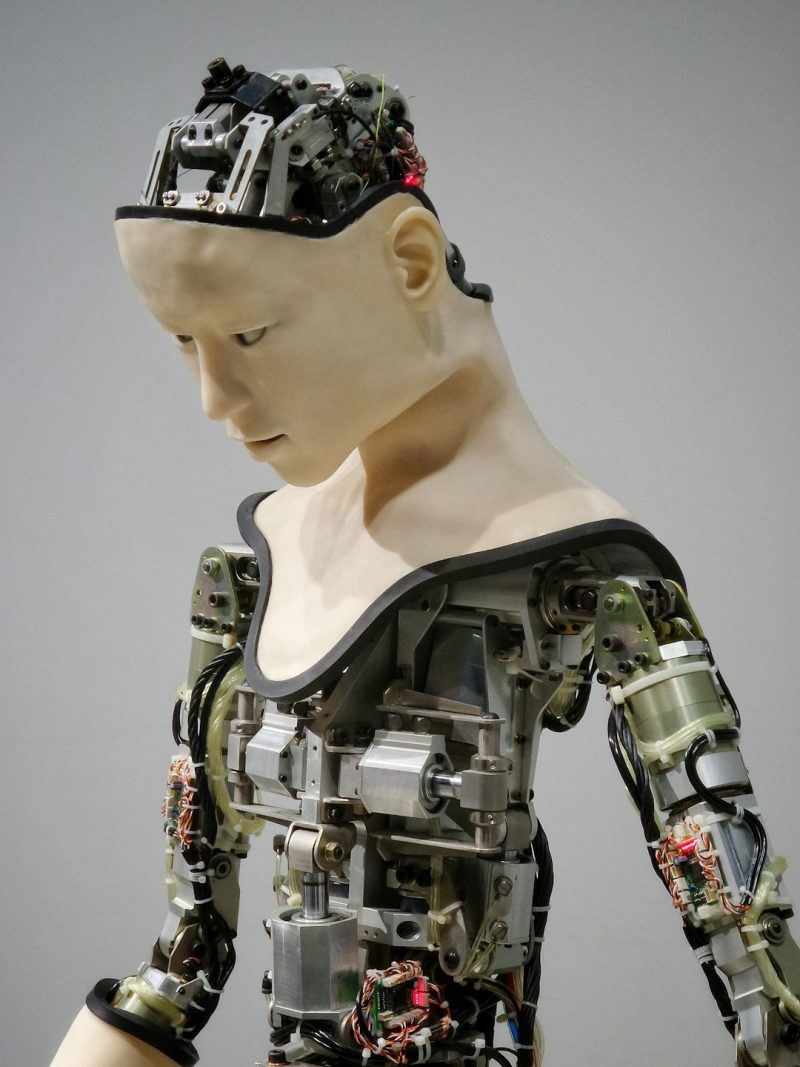
The rise of artificial intelligence (AI) is transforming numerous sectors, and politics is no exception. From targeted advertising to predictive policing, AI’s influence on political processes is undeniable, raising crucial ethical questions that demand careful consideration. This blog post will explore some of the key ethical challenges posed by the increasing use of AI in politics.
One primary concern revolves around bias and discrimination. AI algorithms are trained on data, and if that data reflects existing societal biases – be it racial, gender, or socioeconomic – the AI system will inevitably perpetuate and even amplify those biases. This can lead to unfair or discriminatory outcomes in areas like voter targeting, candidate selection, and even the allocation of resources. For example, an algorithm trained on data showing a correlation between certain demographics and low voter turnout might unfairly target those demographics with fewer resources or less appealing campaign messages.
Furthermore, the use of AI in political microtargeting raises serious concerns about privacy and manipulation. Sophisticated algorithms can analyze vast amounts of personal data to create highly personalized political messages, potentially influencing voters without their knowledge or consent. This raises questions about the integrity of democratic processes and the potential for manipulation and the spread of misinformation. The lack of transparency in how these algorithms operate makes it difficult to assess their impact and hold those responsible accountable.
Another crucial ethical dilemma is the potential for autonomous decision-making by AI systems in political contexts. While AI can assist in data analysis and prediction, delegating critical decisions – such as resource allocation or policy development – entirely to algorithms risks removing human oversight and accountability. This is especially concerning when those decisions have significant consequences for individuals and communities. We need clear guidelines and regulations to prevent the unchecked power of AI in such sensitive areas.
The issue of transparency and explainability is also paramount. Many AI algorithms, particularly deep learning models, are “black boxes,” meaning their decision-making processes are opaque and difficult to understand. This lack of transparency makes it challenging to identify and address biases, hold developers accountable, and ensure public trust in AI-driven political processes. Developing more explainable AI systems is crucial for building confidence in their use in the political sphere.
Finally, the potential for AI-powered disinformation and manipulation poses a significant threat to democratic stability. AI can be used to create sophisticated deepfakes and other forms of synthetic media, which can be spread rapidly through social networks, undermining public trust and destabilizing political discourse. Addressing this challenge requires a multi-pronged approach involving technological solutions, media literacy initiatives, and robust fact-checking mechanisms.
In conclusion, the integration of AI into politics presents a complex web of ethical challenges. Addressing these challenges requires a collaborative effort from policymakers, AI developers, researchers, and the public. Open dialogue, robust regulations, and a commitment to transparency and accountability are vital to ensuring that AI is used responsibly and ethically in the political arena, preserving the integrity of democratic processes and protecting the rights of individuals.










